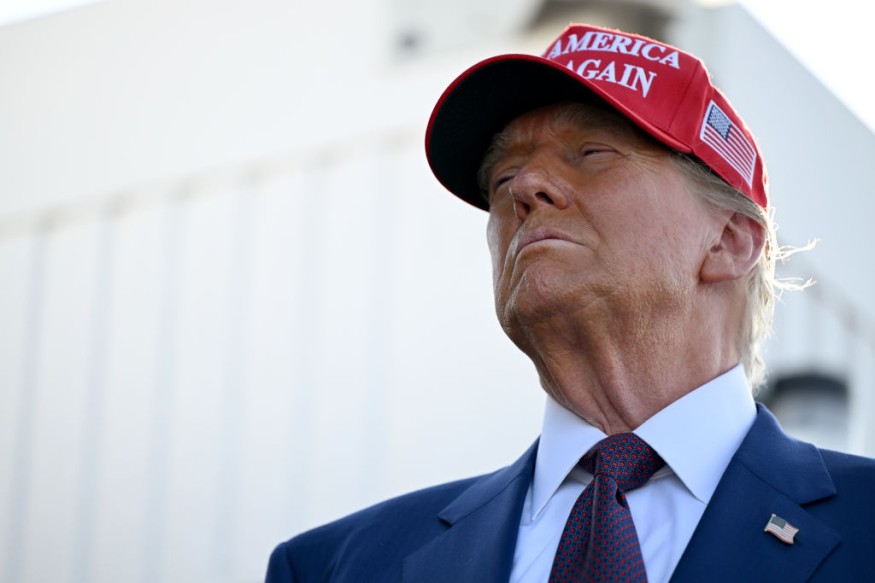
President-elect Donald Trump has pledged to block a $15 billion acquisition of US Steel by Japan's Nippon Steel, emphasizing his commitment to revitalizing the struggling American steel industry.
In a post on Truth Social, Trump stated, "Through a series of tax incentives and tariffs, we will make US Steel Strong and Great Again. As President, I will block this deal from happening. Buyer Beware!!"
Trump, Biden, and Harris Unite to Protect US Steel Industry from Foreign Buyout
The acquisition proposal, which has been under review by the Committee on Foreign Investment in the United States (CFIUS), has faced strong opposition from both sides of the political aisle.
Trump, along with President Joe Biden and Vice President Kamala Harris, has voiced concerns over the deal's potential impact on national security and American jobs.
Founded in 1901, US Steel was once a symbol of industrial strength, becoming the first company in the world valued at over $1 billion.
However, the Pittsburgh-based company has struggled in recent years, falling behind its domestic and global competitors. Despite its historical significance, US Steel is no longer among the world's top 10 steel producers.
In 2022, US Steel began exploring a sale after receiving an unsolicited $7 billion offer from Cleveland-Cliffs, an Ohio-based steel producer. Nippon Steel's subsequent $14.9 billion bid heightened political scrutiny and sparked debates about the future of American steelmaking.
According to The Hill, the United Steelworkers (USW) union, which had previously endorsed Democratic candidates, has supported Trump's opposition to the Nippon deal.
USW President David McCall expressed concerns about the potential long-term risks of foreign ownership, emphasizing the importance of a strong domestic steel industry for both national security and American jobs.
Nippon Steel's Bid Sparks National Security Concerns Over US Steel
Nippon Steel has countered these criticisms, promising to invest $2.7 billion into US Steel's unionized facilities and preserve American jobs. The company also highlighted its plans to introduce advanced technology to improve production capabilities, CNN said.
The deal has raised alarms about foreign control over a key US industry. Steel production is considered vital to national security, and Nippon Steel's bid has been criticized for potentially undermining America's ability to independently produce steel for defense and infrastructure projects.
CFIUS has been studying the acquisition, weighing economic and security implications. The Japanese company's decision to refile its application in September effectively delayed regulatory approval until after the 2024 presidential election, allowing more time for political and public discourse.
Trump's promise to block the deal aligns with his broader economic agenda, which includes using tariffs and tax incentives to bolster American manufacturing.
Whether the acquisition proceeds or not, the debate highlights the challenges facing US Steel and the broader steel industry as they navigate global competition and evolving market dynamics.
This development marks a critical moment for US manufacturing, as the outcome could shape the future of one of the nation's most iconic industries.















